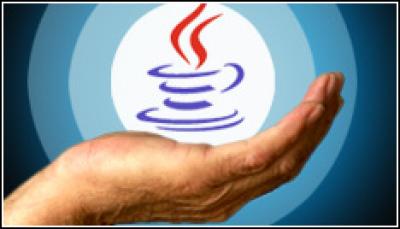Oracle Asks Apache To Continue With JCP And Java 7

Oracle is asking the Apache Software Foundation to reconsider its threat to leave the Java Community Process and abandon Java 7
Despite the Apache Software Foundation (ASF) threatening to leave the Java Community Process (JCP) if it does not receive a test kit, Oracle has issued a statement indicating its intent to move Java forward, apparently with or without Apache.
In a statement Don Deutsch, vice president of standards and architecture at Oracle, said that right now the “priority” for Oracle is to “move Java forward”.
Tackling The Lack Of Harmony
 Deutsch, quoted in a post by Henrik Stahl, Oracle’s manager of Java platforms, also said the “recently released statement by the ASF board with regard to their participation in the JCP calling for EC [executive committee] members to vote against SE7 [Java Platform, Standard Edition 7] is a call for continued delay and stagnation of the past several years.
Deutsch, quoted in a post by Henrik Stahl, Oracle’s manager of Java platforms, also said the “recently released statement by the ASF board with regard to their participation in the JCP calling for EC [executive committee] members to vote against SE7 [Java Platform, Standard Edition 7] is a call for continued delay and stagnation of the past several years.
“We would encourage Apache to reconsider their position and work together with Oracle and the community at large to collectively move Java forward. Oracle provides TCK [Test Compatibility Kit] licences under fair, reasonable, and non-discriminatory terms, consistent with its obligations under the JSPA [Java Specification Participation Agreement],” Deutsch added.
Oracle is, essentially, asking the ASF to reconsider its position on quitting the JCP and its encouragement of others to vote against Java 7 but does not clearly address the issue of granting Apache the TCK for its Harmony open-source implementation of Java. There is no mention of a quid pro quo or anything – just the mention of “fair, reasonable and non-discriminatory terms”. Yet, ASF maintains that Oracle is simply trying to restrict Harmony from being distributed under an open source licence.
In his response, Deutsch also said, “Oracle believes that with EC approval to initiate the SE7 and SE8 JSRs [Java Specification Requests], the Java community can get on with the important work of driving forward Java SE and other standards in open, transparent, consensus-driven expert groups.”